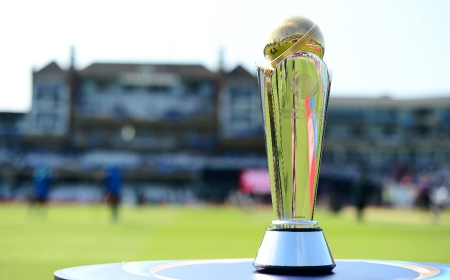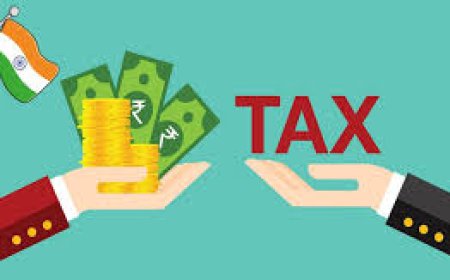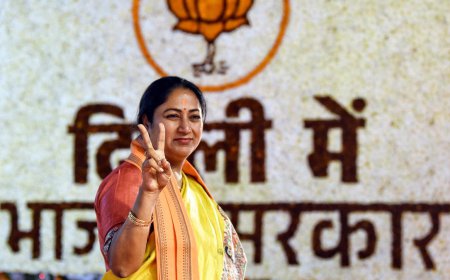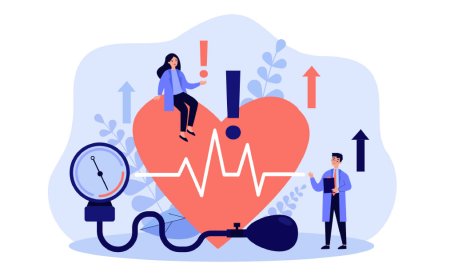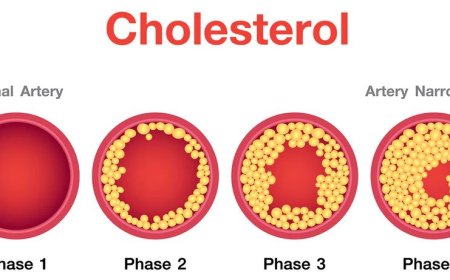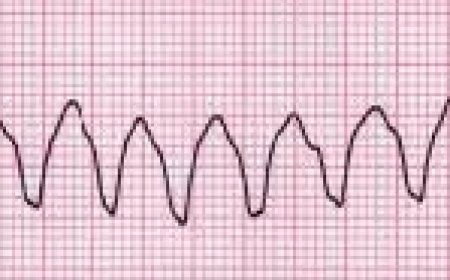PMS

Introduction:
PMS, or Premenstrual Syndrome, is a common experience that affects many girls and women in India and around the world. It refers to a set of physical, emotional, and behavioral symptoms that occur in the days leading up to menstruation. Let's explore what PMS is, its different types, causes, diagnostic tests, and how it can be managed.
Signs and Symptoms:
PMS can bring about a range of signs and symptoms, such as:
- Physical Symptoms: Cramps, bloating, breast tenderness, headache, fatigue, and changes in appetite.
- Emotional Symptoms: Mood swings, irritability, anxiety, and sadness.
- Behavioral Symptoms: Difficulty sleeping, trouble concentrating, and decreased interest in usual activities.
What Is PMS?
PMS is like a rollercoaster of feelings and sensations that happen due to changes in hormone levels in the body, particularly estrogen and progesterone. These hormones play crucial roles in a woman's menstrual cycle, and fluctuations in their levels can cause PMS symptoms.
How Is PMS Classified?
PMS is classified into different types based on the severity and timing of symptoms:
- PMS: When symptoms are mild to moderate, and they occur in the days before menstruation.
- PMDD (Premenstrual Dysphoric Disorder): When symptoms are severe and significantly impact daily life.
Causes and Triggers:
The exact causes of PMS are not entirely clear, but some factors can trigger or worsen the symptoms:
- Hormonal changes during the menstrual cycle.
- Stress and emotional factors.
- Diet and nutrition.
- Lack of physical activity.
Risk Factors with Examples:
Certain factors may increase the likelihood of experiencing PMS, including:
- Age: Girls and women between the ages of 15 to 45 are more likely to experience PMS.
- Family History: If someone's mother or sister has PMS, they may be at a higher risk too.
- Lifestyle: A sedentary lifestyle, poor diet, and excessive caffeine or alcohol consumption can exacerbate PMS symptoms.
Types of PMS:
- PMS-A (Anxiety): Characterized by emotional symptoms like anxiety, mood swings, and irritability.
- PMS-C (Craving): Involves intense food cravings and increased appetite.
- PMS-D (Depression): Marked by feelings of sadness, hopelessness, and loss of interest in activities.
- PMS-H (Hyperhydration): Causes bloating, weight gain, and breast tenderness due to fluid retention.
Diagnostic Tests and Treatments: To diagnose PMS, doctors may perform the following tests:
- Medical History: Asking about symptoms and their timing in relation to the menstrual cycle.
- Symptom Tracking: Keeping a diary of symptoms over several months.
- Physical Exam: To rule out other potential causes of symptoms.
Treatment Options:
- Lifestyle Changes: Regular exercise, a balanced diet, and stress management techniques can help.
- Medication: Over-the-counter pain relievers for physical symptoms, and sometimes antidepressants for severe emotional symptoms.
- Birth Control Pills: Hormonal birth control can regulate hormone levels and reduce PMS symptoms.
Complications of PMS:
PMS, if left unmanaged, can lead to difficulties in daily life, strained relationships, and decreased productivity.
Prevention Techniques:
While it's challenging to prevent PMS entirely, lifestyle adjustments can minimize symptoms. Encouraging physical activity, eating nutritious foods, getting enough sleep, and learning healthy ways to cope with stress can make a difference.
PMS is a natural part of a woman's menstrual cycle, and it's essential to understand and manage it. By recognizing the signs, seeking help if symptoms become severe, and making positive lifestyle changes, girls and women in India and beyond can better cope with the challenges of PMS and live happier, healthier lives. Remember, it's a temporary phase, and with the right support and care, you can conquer the battle within!
What's Your Reaction?




















